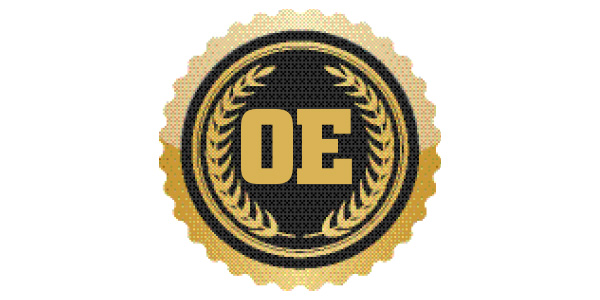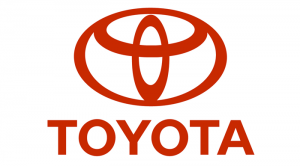
Q: Do you recommend that collision repairers attain OEM certifications?
A: Yes, we encourage repairers to acquire training and certifications where and when they can. This includes what’s offered by non-OEMs as well, including I-CAR, ASE, manufacturers, suppliers and vendors. We encourage repairers to attain the necessary training, equipment and materials to remain compliant, regardless if they’re certified or not.
We believe OEM certification will become the standard in just a few short years, and only those who are making the investment and effort today will be prepared to accept the liabilities that are now beginning to be recognized and will surely grow in the future. It also provides you and others with a sound and effective marketing strategy within your marketplace, which will be necessary to compete with the ever-growing consolidators and MSOs that are attaining OEM certifications.
We’ve helped our clients achieve certifications and determine the order in which to attain them from an investment standpoint. We’ve also helped these repairers gain more compensation and profitability from those necessary investments and the associated liabilities incurred.
Change
Be assured, the only thing that will remain constant in the collision repair industry is change!
If you recall back in the 60s when Detroit’s Big Three started producing unitized vehicle construction, auto body repairers had to push aside their come-a-longs and pull-dozers and take up valuable stall space by adding expensive frame racks that required three-dimensional measuring systems and printed data books, MIG welders, etc.
The resistance to change back then was rampant throughout the industry. Just when you made one large investment, another was needed, and it seemed never-ending. At that time, many repairers decided to just get out of the business. Some (primarily dealers) had little choice than to make the necessary investments, while others saw it as an opportunity. Still others, out of necessity, reluctantly became somewhat compliant over time.
Until recently, repairers were not often held accountable and were under no pressure to make the necessary ongoing investments to keep up with technology (e.g. spot welders, etc.). That has now changed dramatically, and one can be sure that additional lawsuits similar to the recent one in Texas will pop up in the not-too-distant future. In fact, it may become a cottage industry for aggressive plaintiff attorneys seeking a new and readily available income stream for their firms.
The collision industry is changing rapidly, and collision repairers must either get up to speed in training and equipment with OEMs’ current technologies and proper repair methodologies or get left behind. Certifications will be needed to compete and, and in many instances, purchase replacement parts from the OEMs.
Investment
There’s no doubt that adhering to and complying with OEM mandates and being able to perform repairs properly and avoid unnecessary liabilities will require significant ongoing investments in training, equipment and facilities to meet the repair/replacement needs of today’s aluminum, hybrid metals, polymers, bonding-welding materials and blind rivets, and the repair and replacement of composite materials such as carbon fiber, SMC and others that are currently being developed to make vehicles lighter and safer.
Today’s auto body industry is not your father’s. It’s a highly technical and advanced profession that requires specialized training, skill, equipment and materials, all of which places the shop and technician in a position of potential liability. The astute repairer will recognize this and re-evaluate their costs and potential liabilities and revise their estimating and billing practices to attain a reasonable return on their investment while fully understanding and taking into consideration their associated risks.
The future is bright for those who embrace the changes and make the necessary investments to be “the only one” in their market. The opportunities for consolidators and MSOs will no doubt grow due to those who choose to retire or wish to leave the industry rather than make the needed changes and investments.













